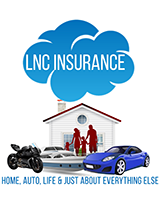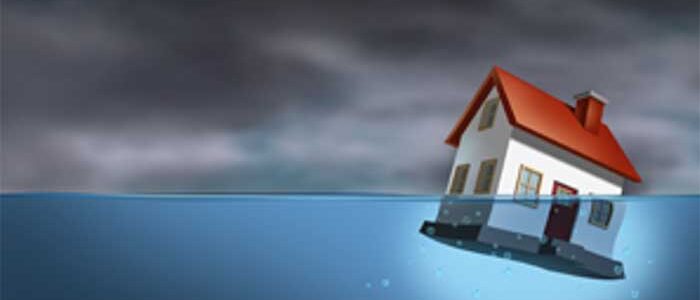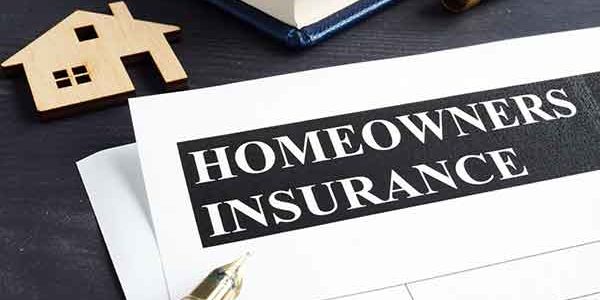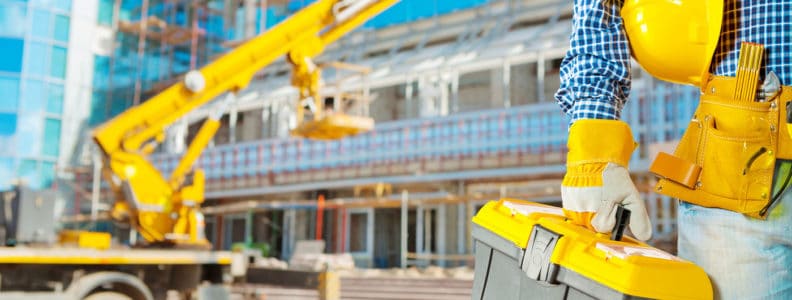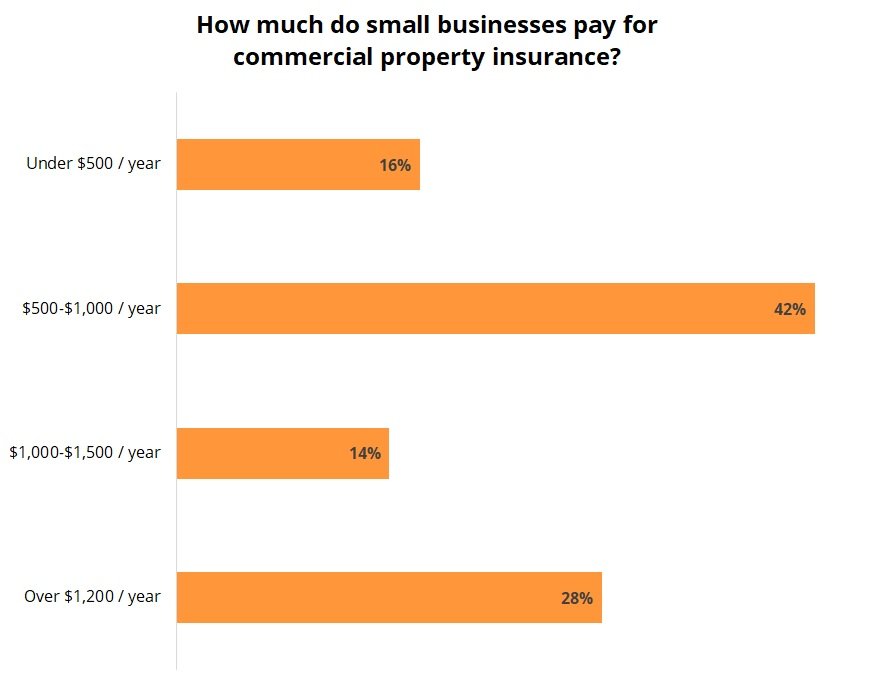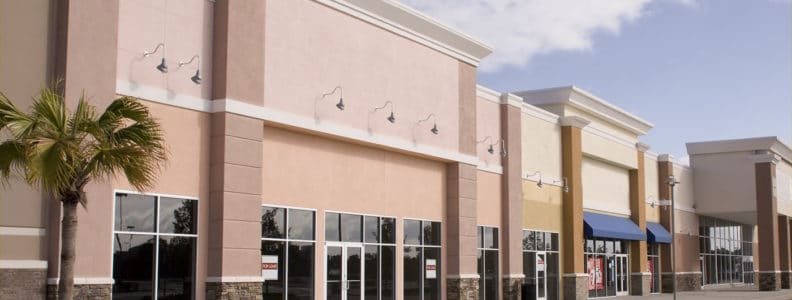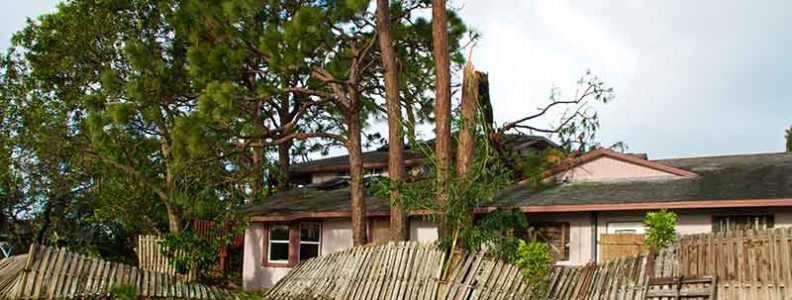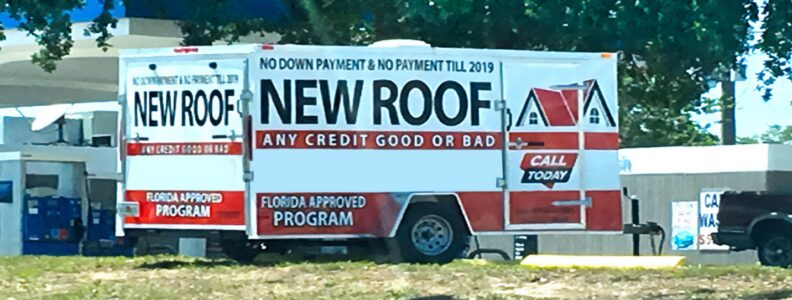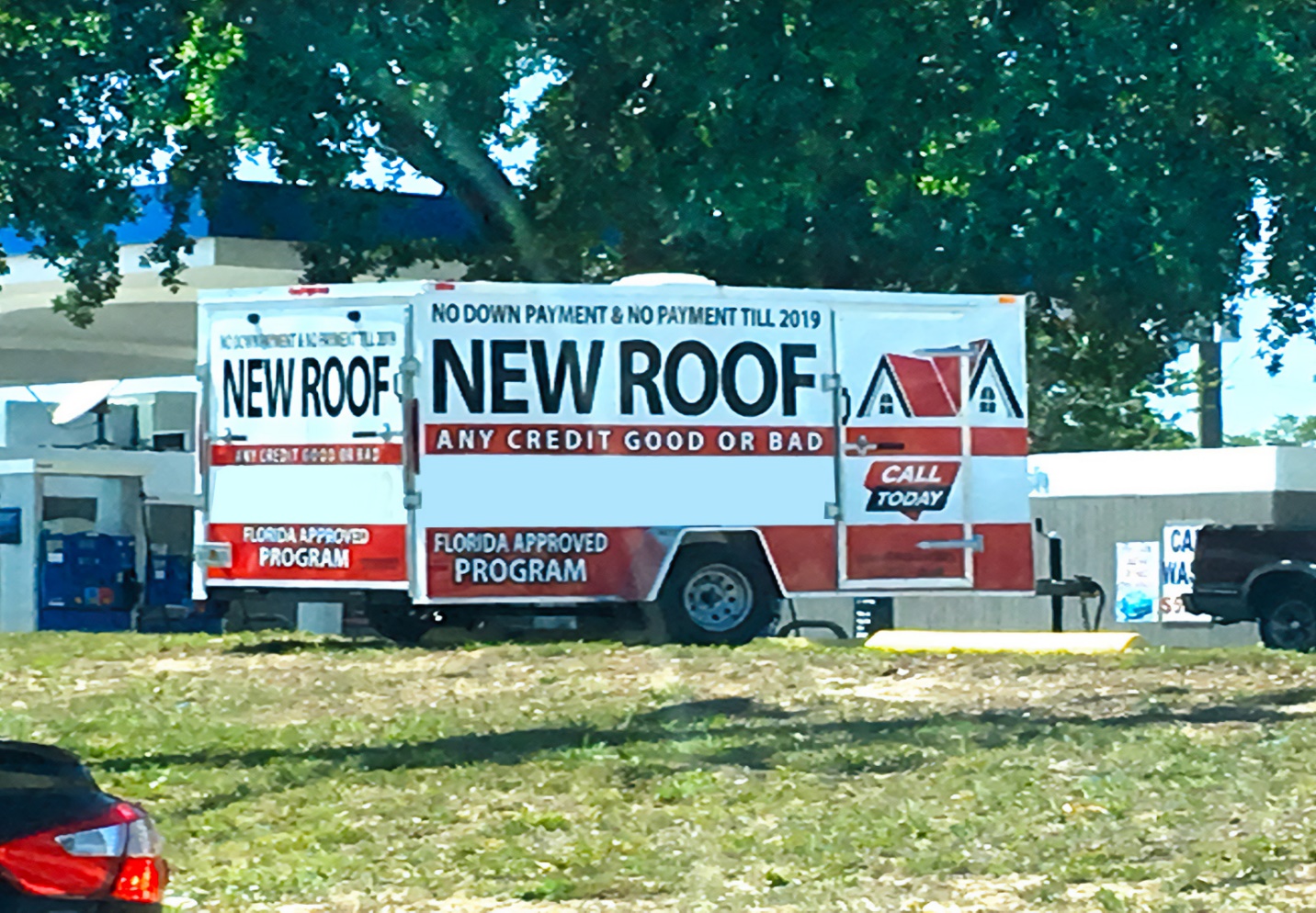What Kind of Insurance Do You Need For a Restaurant?
- Restaurant owners should consider business property insurance, which can cover the physical building and everything inside.
- Liability insurance provides coverage if your business is at fault for injuries others and their property.
- Workers’ compensation insurance is required in nearly all states if you have employees.
Question I’m a chef and I’m in the process of opening my own restaurant. When I research restaurant insurance, it makes my brain hurt. Can you tell me what kind of insurance restaurant owners like me should consider?
Answer Here’s the shortest answer to your question (and hopefully it doesn’t hurt your brain). Here are some insurance options that you may want to consider as a restaurant owner:
- Property insurance
- Fire coverage
- Personal property coverage
- Business expense coverage
- Workers’ compensation insurance
- Specialty insurance coverage
But as you’ve discovered, it gets complicated from there. Restaurants – especially businesses serving alcohol, making deliveries or offering valet parking – have unique risks. The type of insurance coverage you may select can be different, based on things like whether you rent or own the building or space the restaurant is in.
Within those types of insurance, you can get coverage for injuries, accidents and other losses that can happen in a restaurant in two important categories: 1) buildings and equipment and 2) liability.
What about building and equipment coverage?
Whether you rent your building or own it, you’ll want property insurance that protects the full value of the restaurant. If you rent, you may also want to consider property coverage that includes:
- fire damage to the property;
- personal property, such as appliances, chairs, tables and dishware;
- additional business expense coverage, in case you need to relocate while the building is being repaired after a covered loss.
Are there coverage options that I may not even be thinking about?
Whether you rent or own the building, you may also want specialty insurance coverage. This type of insurance is customized coverage for losses that are unique to your business or industry. For example, some clients who own restaurants add sign and glass coverage, because outdoor signs and building glass are expensive and an easy target for vandals. One customer owns a restaurant filled with valuable sports memorabilia — autographed photos, collectible jerseys, balls signed by winning teams. These items are difficult and expensive to replace. He has additional fine arts coverage, which provides coverage against loss for these items.
If you rent the restaurant space and have made improvements to the building that your landlord didn’t reimburse you for, such as upgrading the commercial ventilation system, you may want to consider coverage for those investments in case one of these upgrades or improvements is damaged in a fire or other accident.
choice.
Tags:
